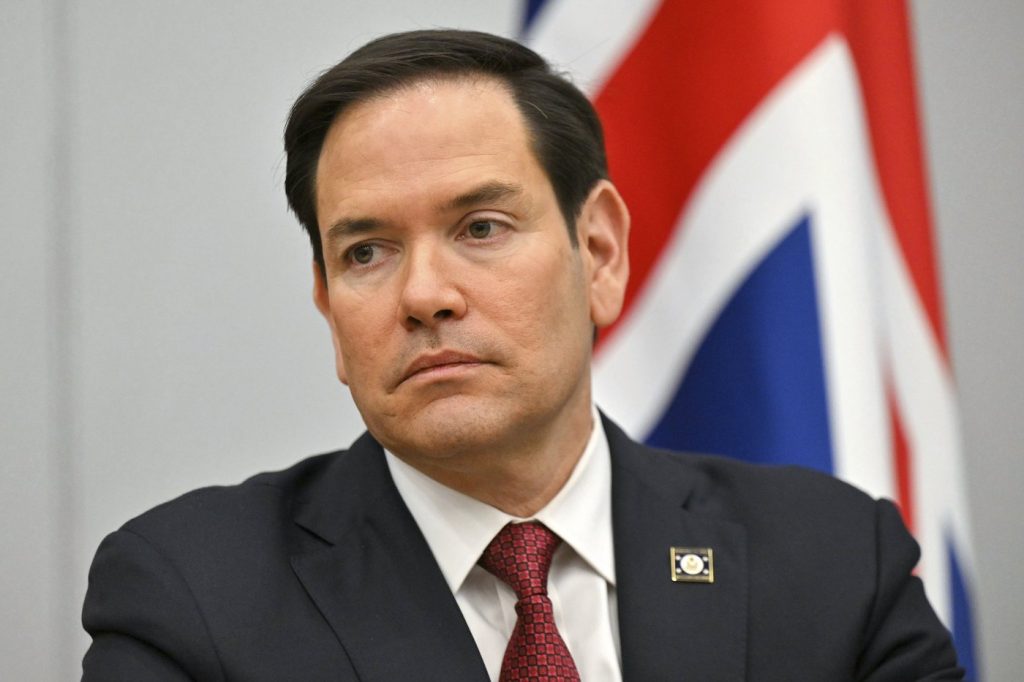WASHINGTON (AP) — Secretary of State Marco Rubio announced on Saturday that the United States is revoking all visas held by South Sudanese passport holders. This decision is rooted in accusations that the South Sudanese government has been "taking advantage" of the U.S. by not cooperating fully in the repatriation of its citizens. Rubio emphasized that every country has an obligation to accept the return of its citizens in a prompt manner when another country, such as the United States, seeks to deport them.
In addition to the visa revocation, Rubio indicated that the U.S. would also prevent further visa issuance, effectively barring South Sudanese passport holders from entering the United States. This measure reflects the escalating tensions and fragile political environment in South Sudan, where violence between government forces and armed opposition groups has been on the rise.
The situation in South Sudan has attracted international attention, with United Nations Secretary-General Antonio Guterres recently calling for regional and global leaders to intervene and prevent the nation from descending into "another civil war." During his remarks, Guterres highlighted the ongoing "security emergency" as clashes between various factions intensify and political instability grows, marked by the recent arrest of First Vice President Riek Machar by the government.
Guterres underscored the critical nature of the circumstances in South Sudan, which is not only the world's newest nation but one of its poorest. The call for action followed a significant deterioration in the nation's stability, prompting fears of a return to the levels of violence that characterized earlier conflicts in the region.
As the international community watches closely, the U.S. government's stance against South Sudan may signal a shift in how foreign relations are managed, particularly in cases involving countries that fail to comply with international norms regarding the treatment of their nationals abroad. The developments in South Sudan remain fluid, and the implications of these actions by the U.S. may resonate beyond its borders, influencing broader geopolitical dynamics in East Africa.










